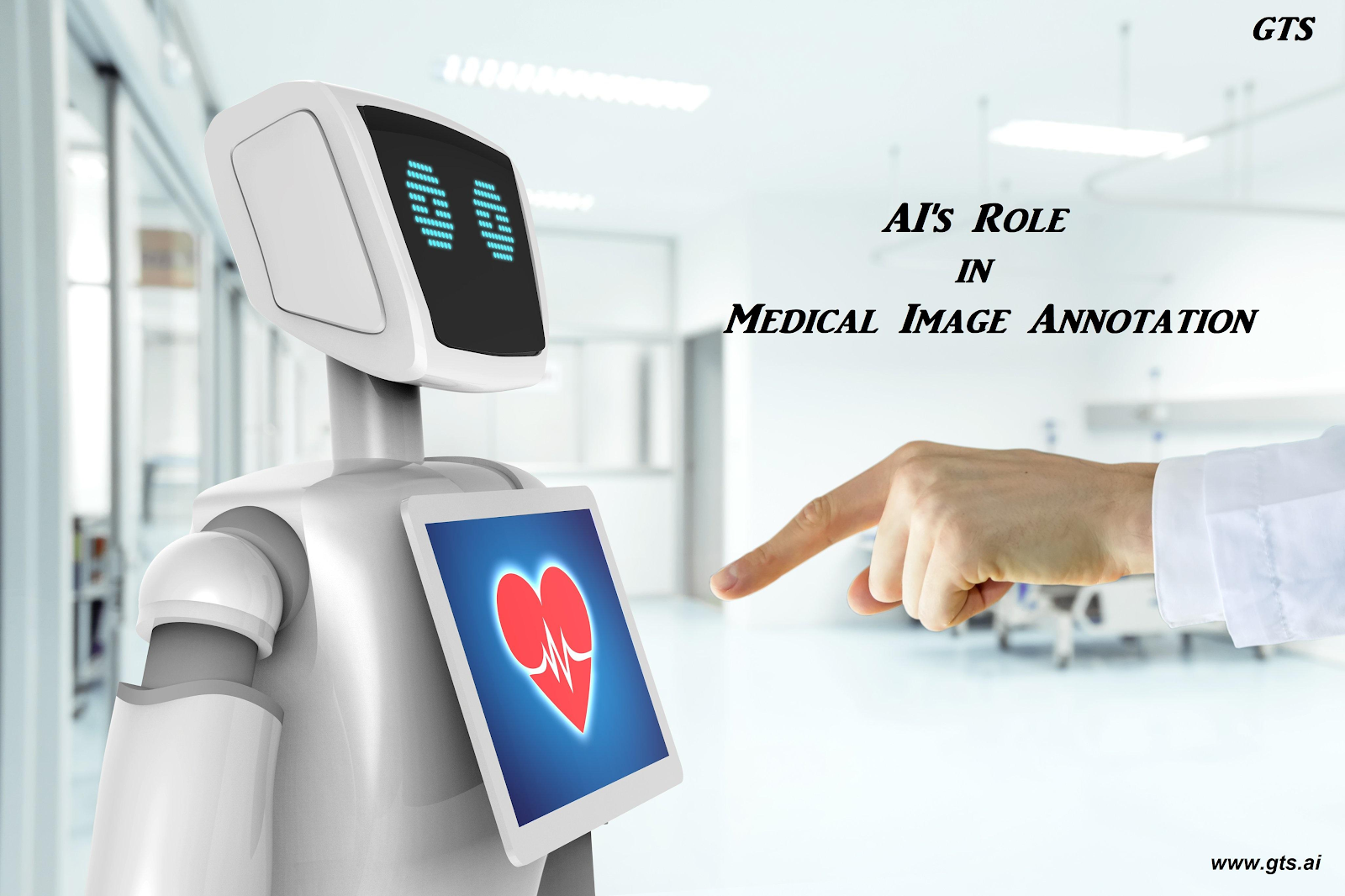How Health datasets access will transform health outcomes for all
Doctors, medications, and diagnostics used to be the backbone of healthcare. In the new, post-pandemic environment that surrounds us right now, a new component has been added: artificial Intelligence (AI). In many hospitals across India, the technology, which is already a significant component of many businesses, is being used for various tasks, from reading scans to forecasting hazards.
While AI is still frequently used in radiology, particularly for diseases like Tuberculosis (TB), it is becoming more common to utilise it for other purposes, such as preventive health checkups, particularly to identify the likelihood of developing heart disease. The journey started four years ago, mainly with radiology, for most institutions and businesses that are creating AI solutions expressly for use in healthcare settings.
Five ways Medical Dataset will change Healthcare
There are many ways the Healthcare sector will be benefited from medical datasets, some of the ways are:
The health ecosystem's data will be better integrated, merged, and shared
Because data is becoming more accessible, every health company is now a data company. The objective must be to use this data to motivate decisions that result in better clinical outcomes, more effective care delivery, or lower healthcare expenditures.
Healthcare datasets are now spread too thinly among too many companies to yield actionable information. No one company has access to all the pertinent information that could lead to better health outcomes.
Artificial intelligence, sensors, and nanomedicine will be acknowledged as the innovation's nervous system:
Massive amounts of health data may be processed in real-time using technologies like nanomedicine, sensors, and artificial intelligence (AI), which enable data collecting to be decoupled from the conventional doctor visit. They, therefore, constitute a new “nervous system” for acquiring and disseminating health information, enabling convenient care to be provided anytime, anywhere.
The industry as a whole will develop a “digital backbone”. Who will own it, though?
The amount and variety of generated data in the health sector are enormous, yet there are currently no global digital standards in place. Additionally, there isn’t a single infrastructure that integrates all the health data that is accessible. Holistic and customer-focused transformation won’t be achievable without it.
Although a complete infrastructure has not yet developed, smaller “digital backbones” have already begun to do so. These initial efforts are merely band-aid fixes for the moment.
The patient-consumer will seek more influence over stakeholders and more power
Many of the changes we are seeing in healthcare are being driven by newly empowered patient consumers. In response to the development of user-friendly, customer-centric digital platforms that make it simple to shop, travel, or bank on a person’s terms, patients now have higher expectations for their health care experience.
Only a data-driven approach to health can meet the higher expectations of the patient-consumer. The health ecosystem as a whole needs to understand how to use data in ways that allow patient consumers convenient, seamless ways to manage their own care.
Companies will be in a better position to outperform if they concentrate on therapeutics and implement specialised business structures
Big Data “ocean” ecosystem in healthcare
Organisations in the healthcare and pharmaceutical industries are at the forefront of significant change and increasingly require the use of advanced analytics made possible by big data technology. The healthcare sector generates massive volumes of data, and all of this data has the potential to raise the standard of healthcare products and revitalise the healthcare ecosystem. Data lakes, which are repositories of data in their unprocessed form, are becoming more popular among businesses because they make it simpler to store a variety of different data types than traditional data warehouses. Organisations can now benefit from scalable, cost-efficient, and law-compliant solutions that are supplied as cloud data lakes’ costs decline and their dependability increases.
Data lakes are growing into true data “oceans” due to the enormous amount of data that the healthcare sector produces. Many businesses have already committed significant resources to build some of the biggest data warehouses the sector has ever seen:
Royal Philips has combined information from 390 million medical records as of 2016 to provide healthcare professionals with access to a vast database of data that may be used to generate vital actionable data.
The Big data to knowledge (BD2K) initiative was started by the National Institutes of Health with the goal of empowering healthcare professionals to provide better patient care, save costs, and provide information for disease cures and prevention.
Access to pharmacological data is provided through Open PHACTS, a platform for researchers and staff, enabling users to derive useful insights and make crucial judgements on challenging pharmacologic issues.
Datasets and GTS
The impact of data on the healthcare sector is evident. Integration is becoming increasingly important to reap the rewards that data can offer the enterprise as big data transformation strategies like IT modernisation and cloud environments take the lead. That’s why we at Global Technology Solutions aim to provide the best quality datasets for your AI/ML models. We are experienced and have enough expertise to complete any sort of project.




Comments
Post a Comment